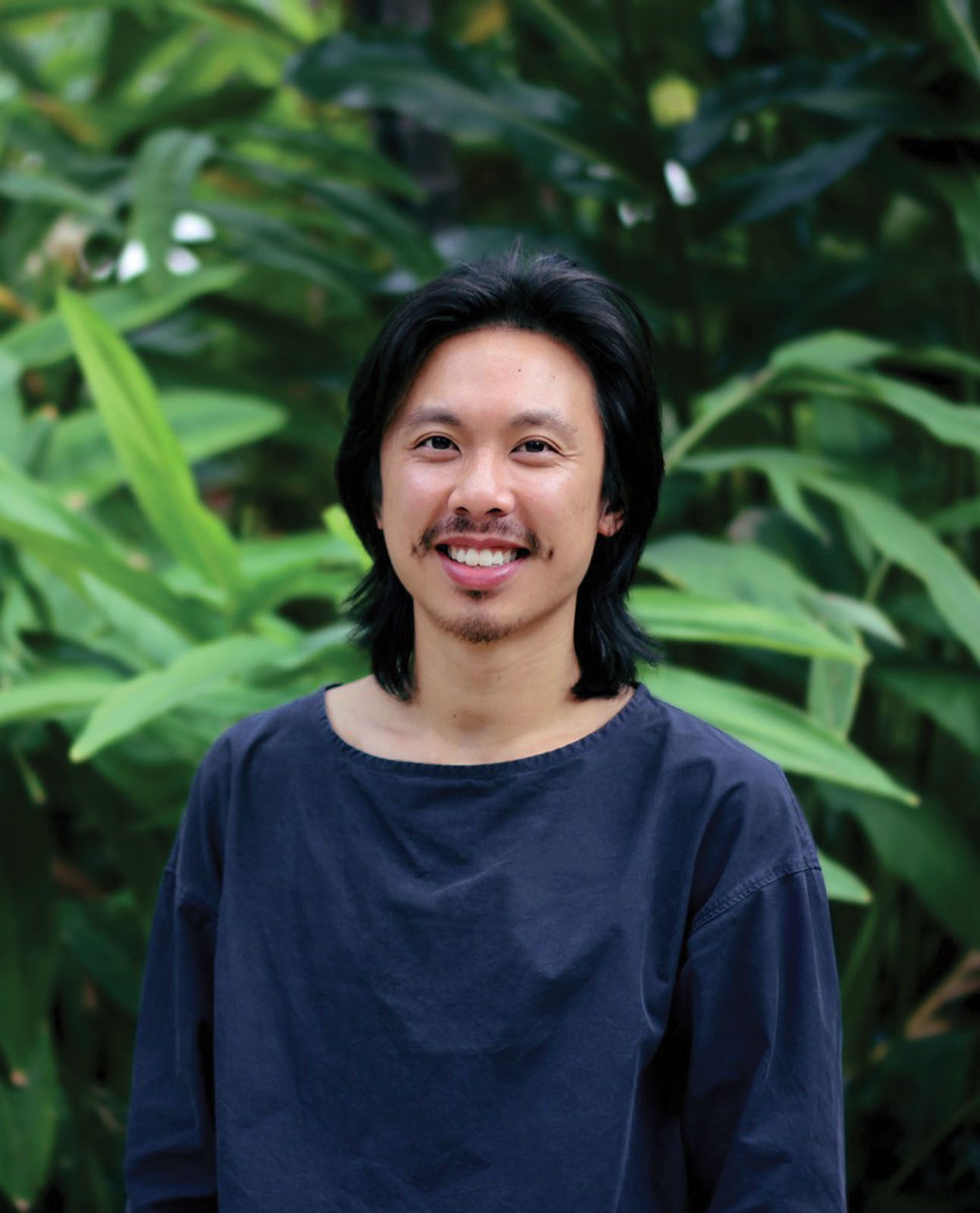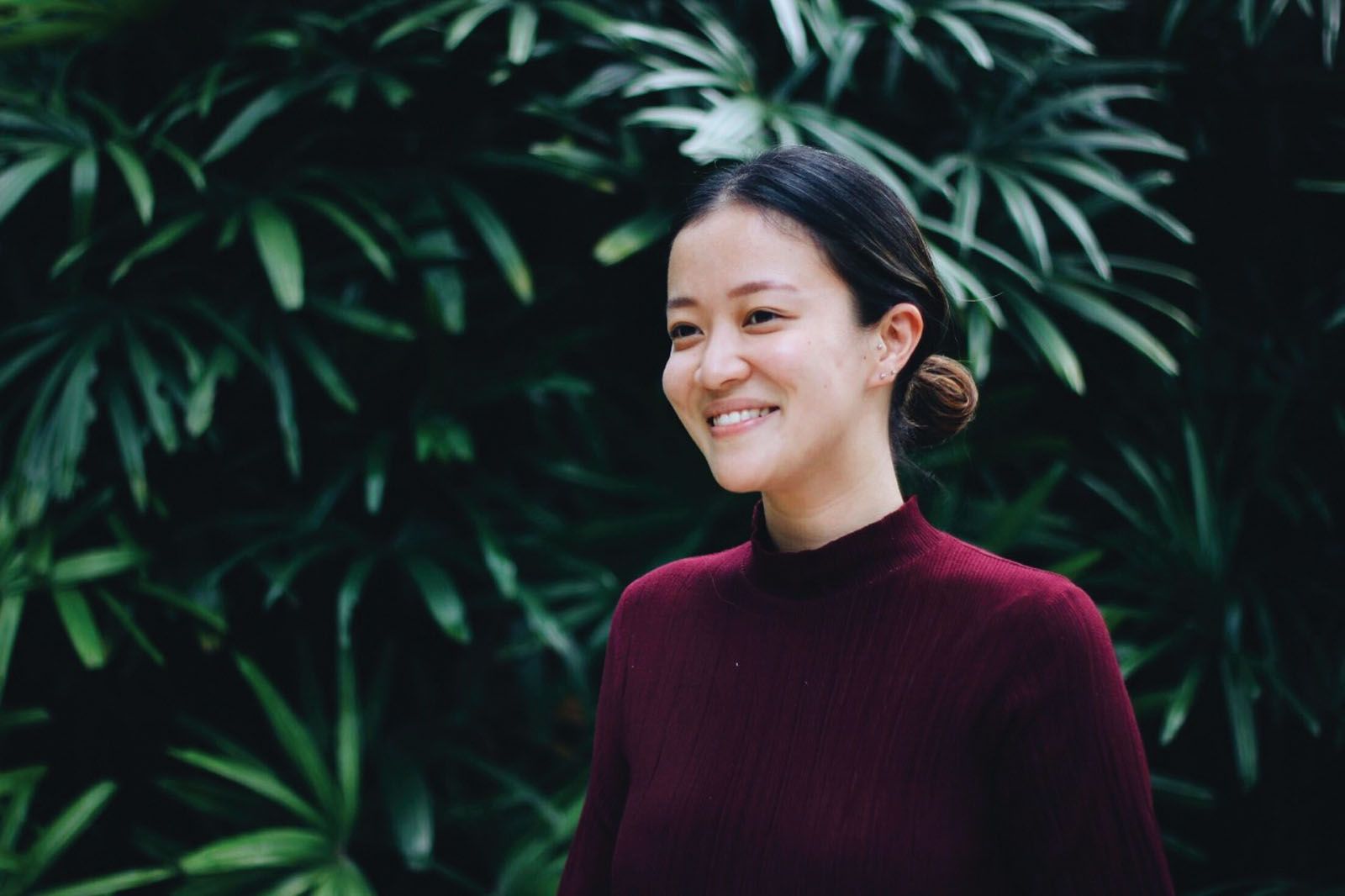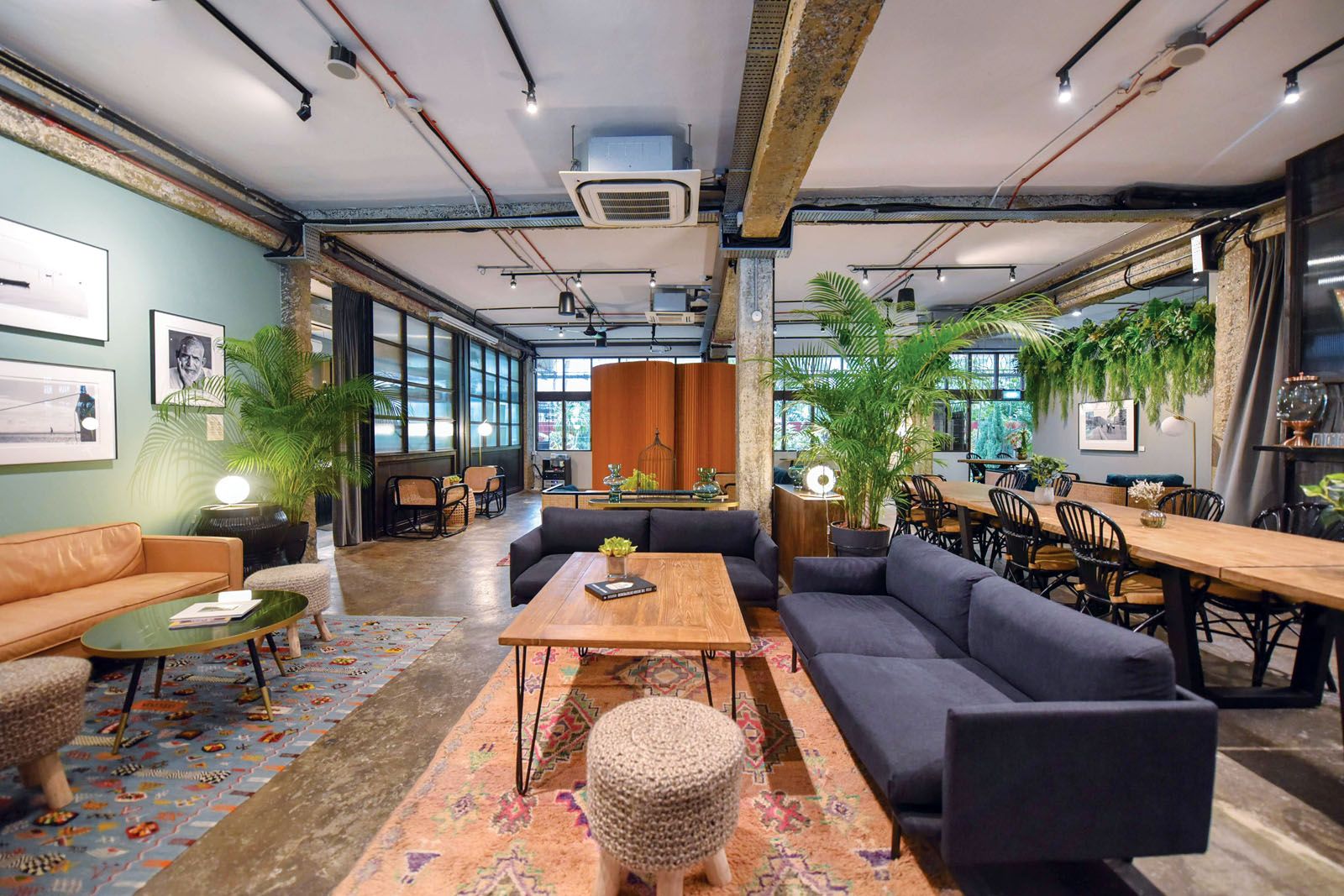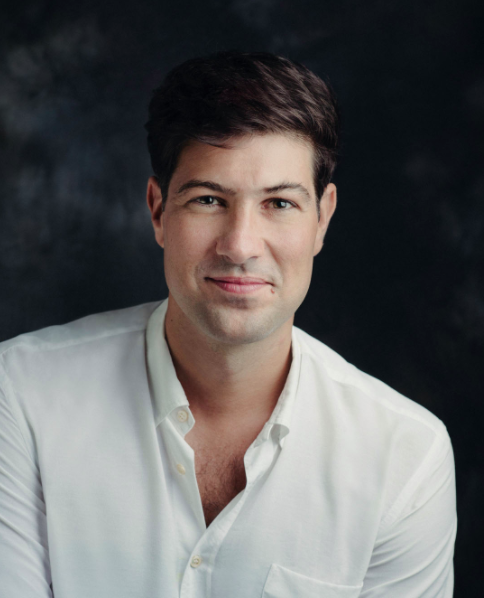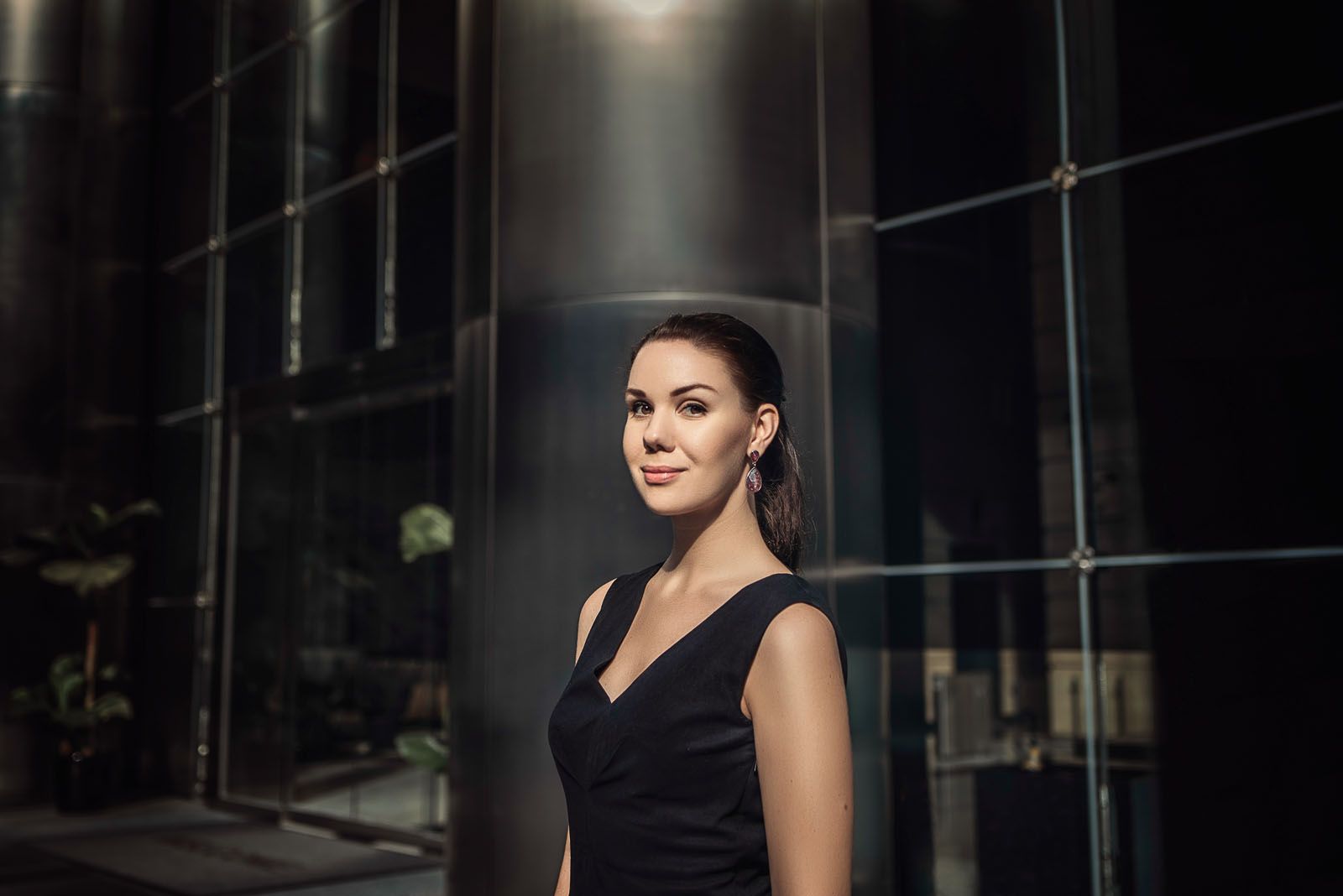Upskilling is crucial in the age of digital transformation and a post-Covid world. Here at Tatler, we look at a range of personal and professional development platforms and how they help people prepare for the new normal
Whether it’s baking bread, learning French or practising yoga, many of us have come out of the circuit breaker period with new skills and interests. Thankfully, there are no lack of opportunities, with the proliferation of online learning platforms touching on everything from the art of home cooking to managing your mental health during Covid-19, filled with content to suit varying thirsts for knowledge. You can even structure your learning, work at your own pace and choose your instructors.
If, say, you decide that those blurry images of your little ones taken with your smartphone camera don’t cut it anymore, then get some direction from celebrity photographer Annie Leibovitz on Masterclass. Thereafter, learn the fundamentals of photo editing on Skillshare and then get behind photography’s role in our increasingly visual culture through the collection of the Museum of Modern Art on Coursera.
(Related: Online Educational Platforms to Keep Your Brain Active As You Stay Home During The Covid-19 Outbreak)
But more than just self-improvement, there are also platforms that cover numerous aspects of professional development such as leadership and business strategy, with the best minds and industry practitioners sharing their expertise and even mentorship opportunities. These communities of learning might just be one of the workforce strategies to Covid-19 recovery. The pursuit of knowledge is eternal, and research has shown that those who engage in lifelong learning enjoy increased well-being and resilience in coping with adversity.
The minds behind three Singapore-based personal and professional development platforms reveal how they are changing the face of education.
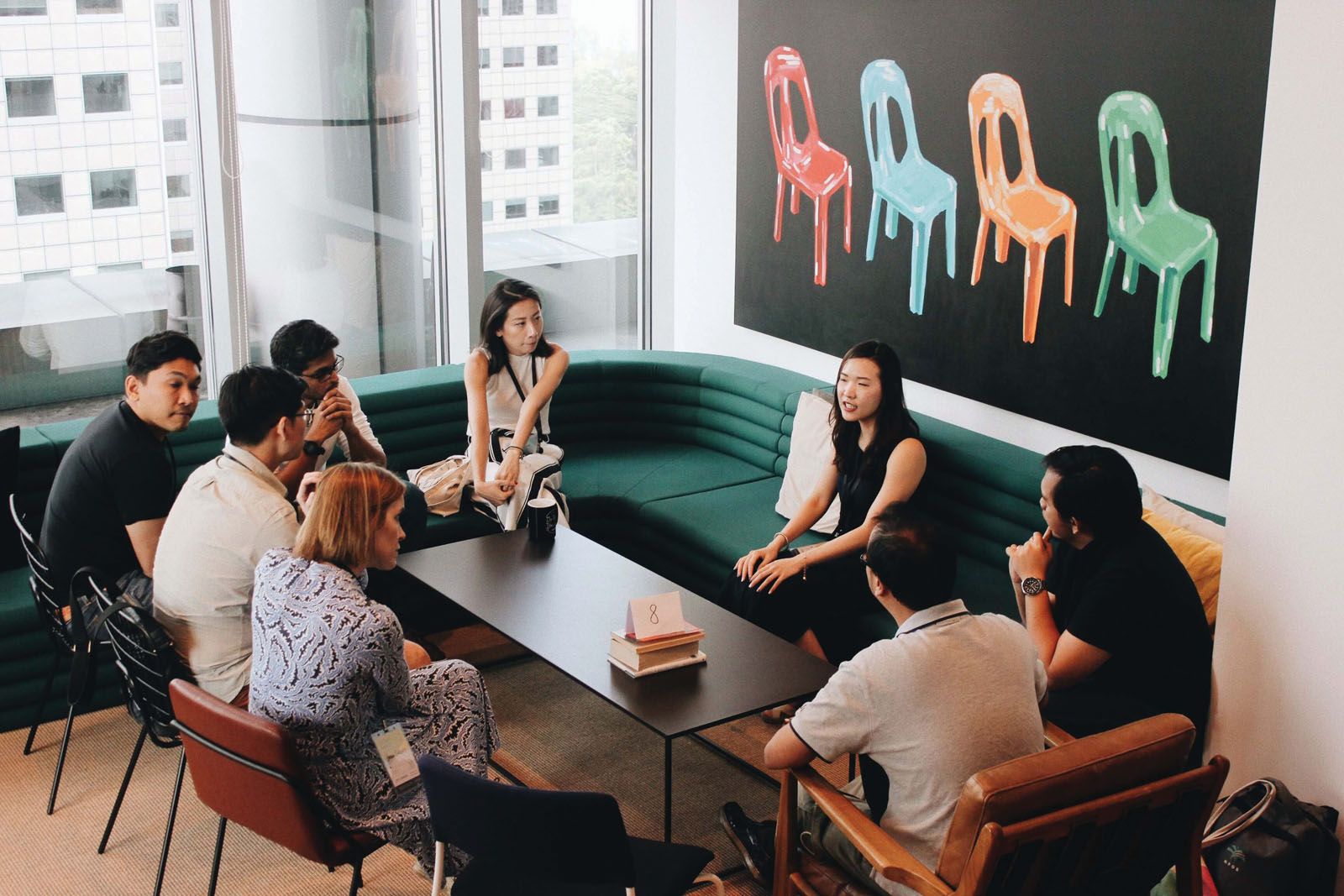
1. NewCampus
When serial entrepreneurs Fei Yao and Will Fan first founded education start-up NewCampus in 2015, they wanted to equip modern working professionals with the skills and knowledge to future-proof themselves in a rapidly changing world. And they do this through a mix of online and offline workshops, masterclasses and conferences held at one of the company’s co-learning campus locations at WeWork in Suntec City.
That mission has taken on new meaning since the coronavirus pandemic. “There are scarily large numbers of people being let go globally right now, due to industries or roles that cannot be sustained. But those who have been retained tend to have transferable skills, and they are coming up with new ideas and building organisations to adapt to this challenging time,” observes Yao, who handles corporate strategy, while Fan is the CEO.

